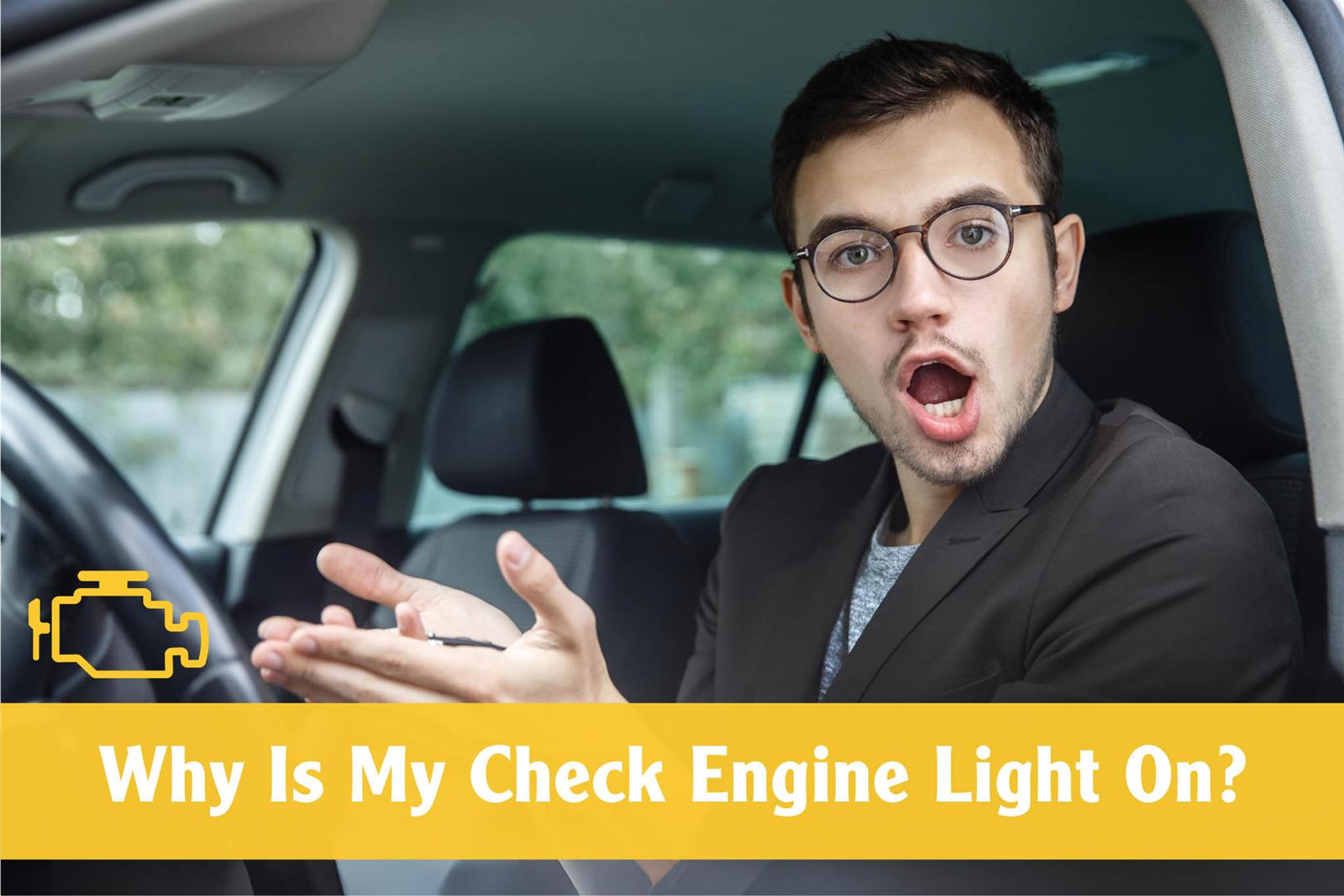Posted on 1/29/2024

That dreaded moment when your vehicle's check engine light comes on can be quite a cause for concern. For many drivers, the sight of that ominous light prompts a series of questions: What’s wrong with my car? Is a breakdown imminent? Can I keep driving it? In this article, we'll delve into the reasons behind the check engine light activation and explore what to do when it does. Understanding the Check Engine Light The check engine light is a part of your car's onboard diagnostics system (OBD-II) designed to monitor and identify issues related to the vehicle's engine, transmission, or emission control systems. When a problem is detected, the light is triggered to alert the driver that something requires attention. Some Common Reasons Your Check Engine Light Comes On Faulty Oxygen Sensor Oxygen sensors monitor the level of oxygen in the exhaust gasses. A malfunctioning sensor can lead to reduced fuel efficiency and increased emissi ... read more
Posted on 1/22/2024

When a car won’t start, it’s common to jump to the conclusion that the battery is bad. But the battery is far from the only thing that will prevent a car from starting. Often the culprit is the alternator. The alternator plays a crucial role in your vehicle’s charging system. It is responsible for charging the battery and powering the electrical systems while the engine is running. A malfunctioning alternator can lead to various issues. So how do you know if it’s the alternator that’s at fault? Here are some of the most common signs and what to do about it: Dimming Headlights and Electrical Issues One of the most common signs of a failing alternator is dimming headlights. If you notice your headlights becoming noticeably dimmer while driving, it could be a clear indicator that the alternator is not generating enough power. Additionally, you might experience flickering dashboard lights or other electrical anomalies ... read more
Posted on 1/15/2024

We've all been there – you hop in your car, turn the key, and nothing happens. The frustration sets in as you ponder, "Why won't my car start?" A non-starting car can be a perplexing issue, but fear not, as we delve into some common reasons behind this problem and explore potential solutions. 1. Dead Battery One of the most frequent culprits for a non-starting car is a dead battery. Over time, batteries wear out, lose charge, or may be drained due to lights left on. Signs that you may have a worn out battery: Slow engine cranking Dim interior lights and/or headlights Illuminated check battery or check engine light Solution: Jump-start your car using jumper cables and a functioning vehicle, and bring it to a trusted auto repair shop to diagnose. Although a worn out battery is one of the most common reasons a car won’t start, without properly diagnosing your charging system, you may be spending money needlessly replacing a perfectly goo ... read more